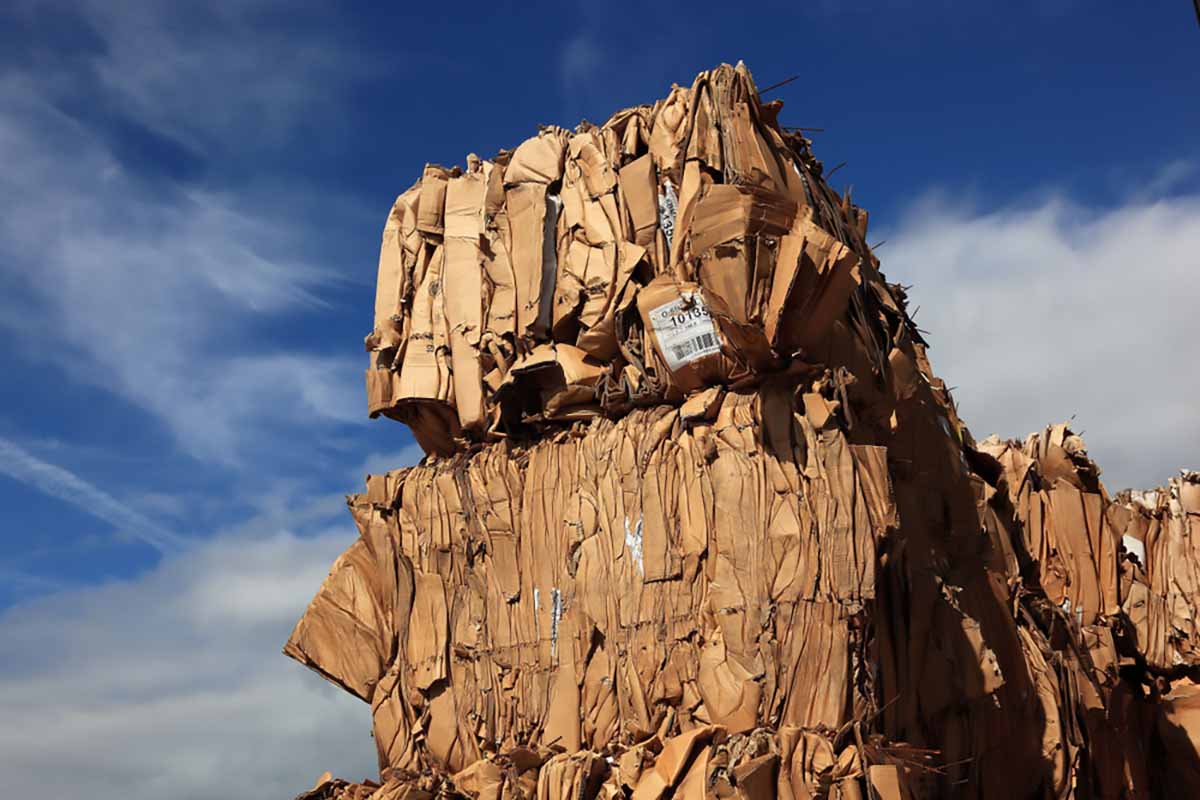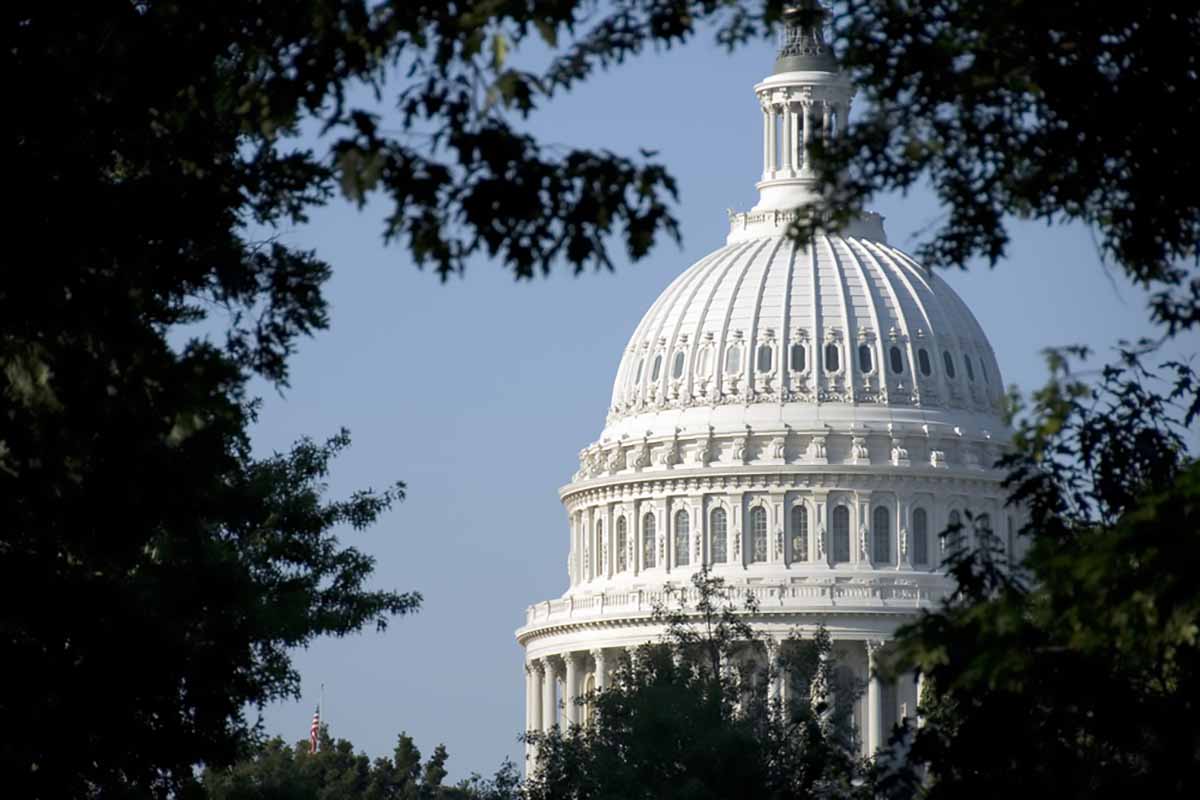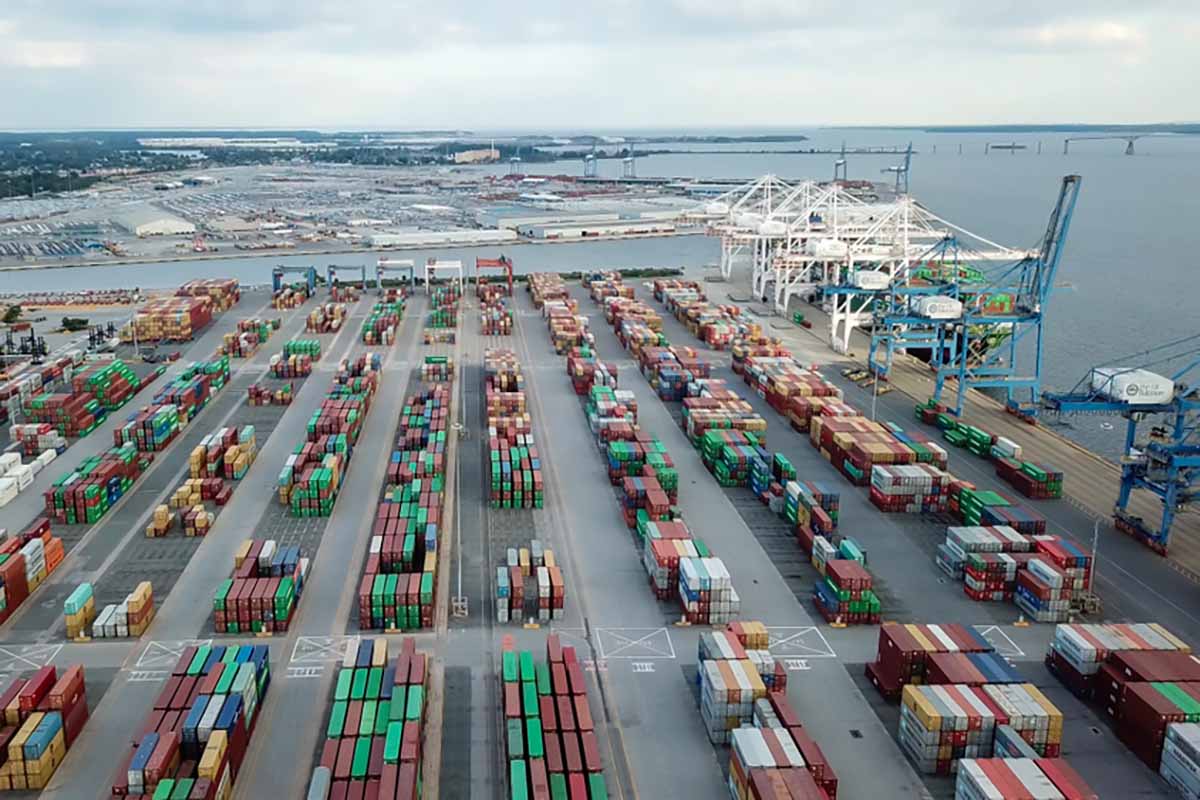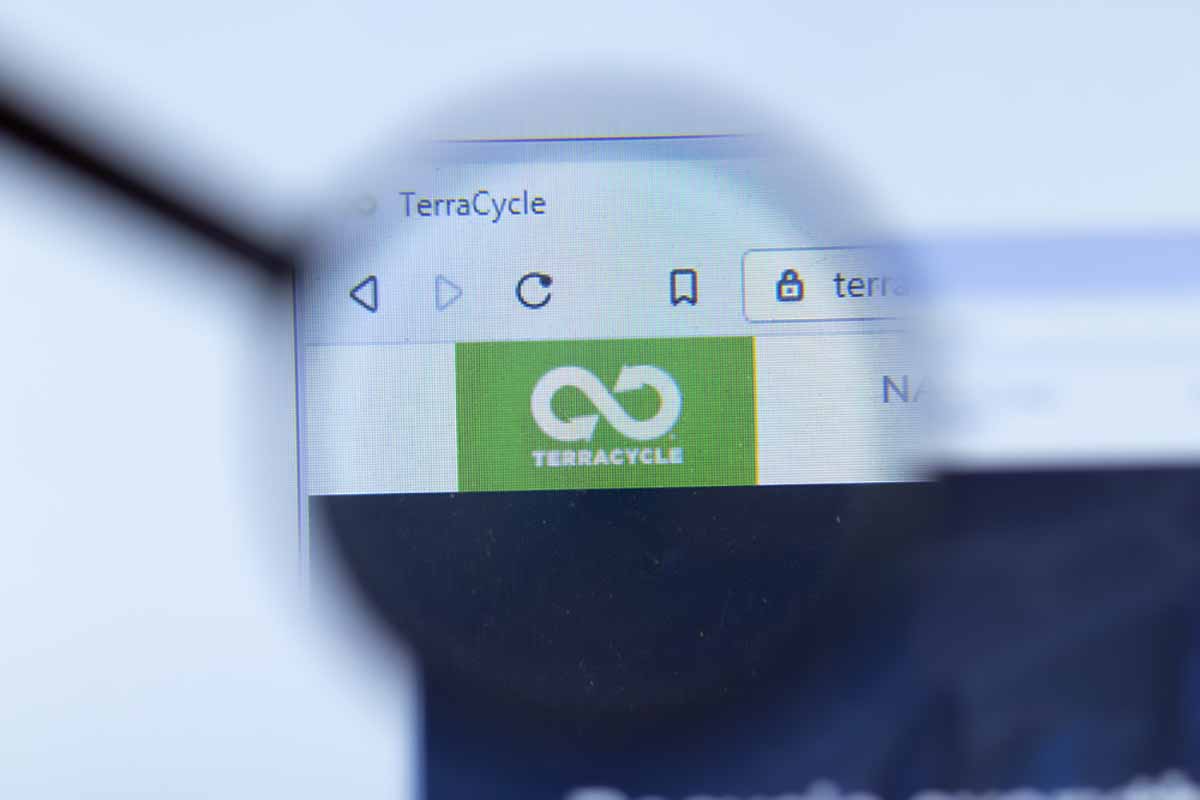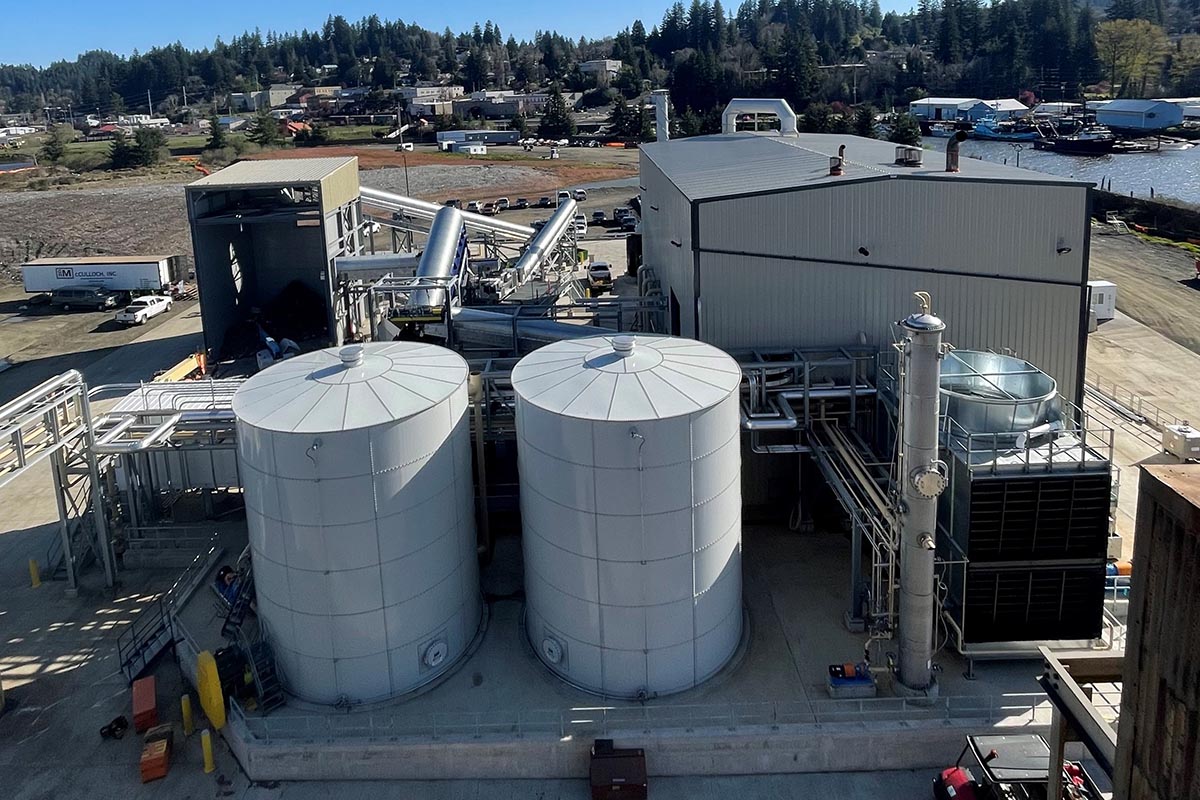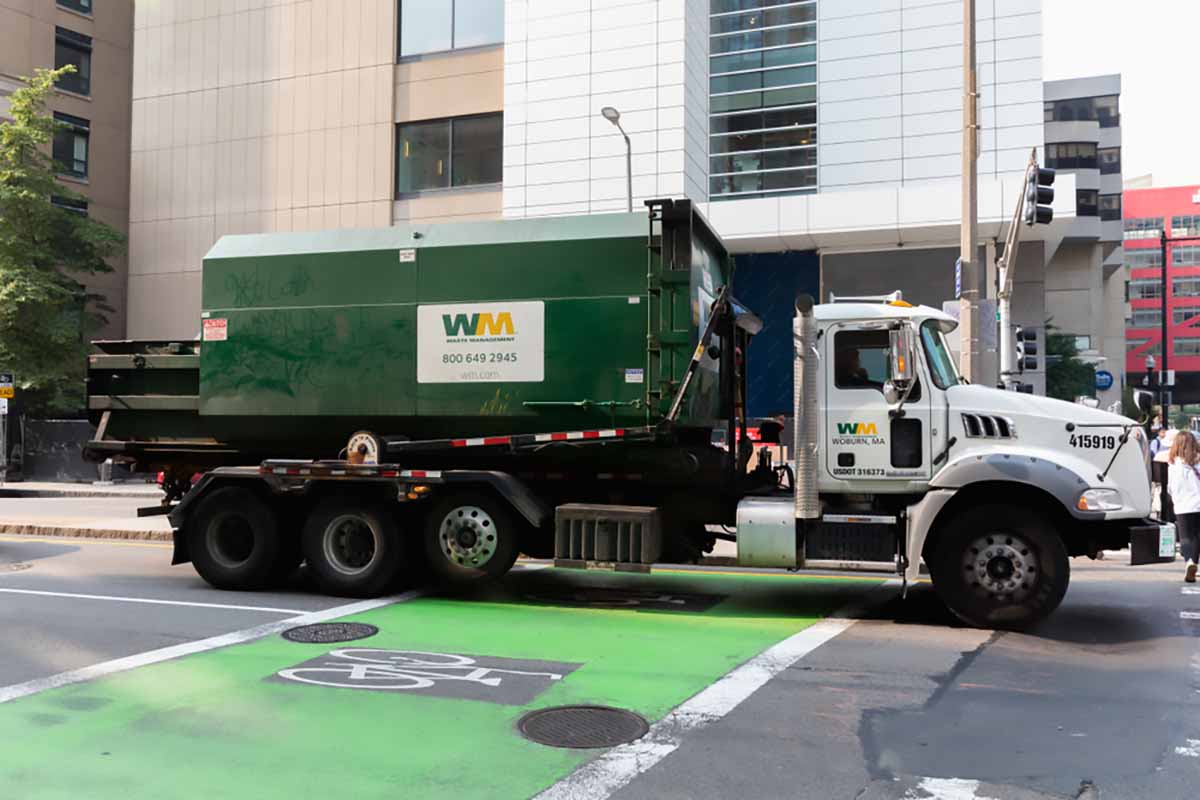
Officials estimate shifting funding responsibility completely to producers will save municipalities an estimated 156 million Canadian dollars (about $129 million U.S.) per year. | Sunset Blue / Shutterstock
The Ontario government will make producers fully financially responsible for recycling their products, a major expansion of the province’s extended producer responsibility system. The changes will come into effect within the next four years.


